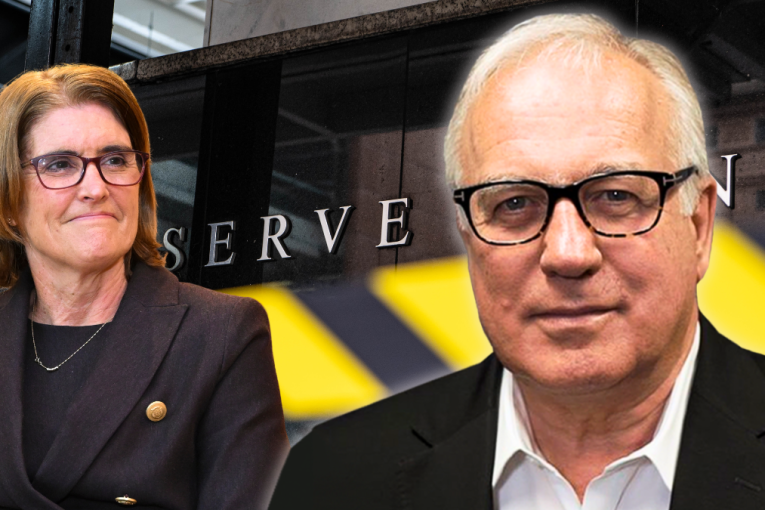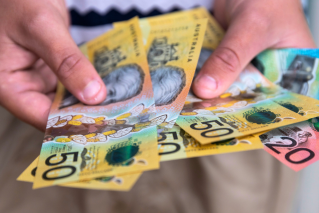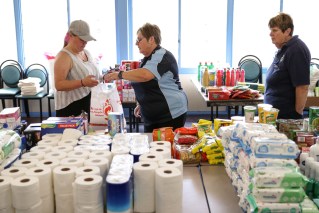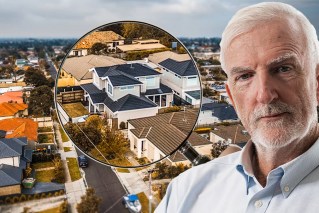Six questions to ask yourself before applying for a home loan

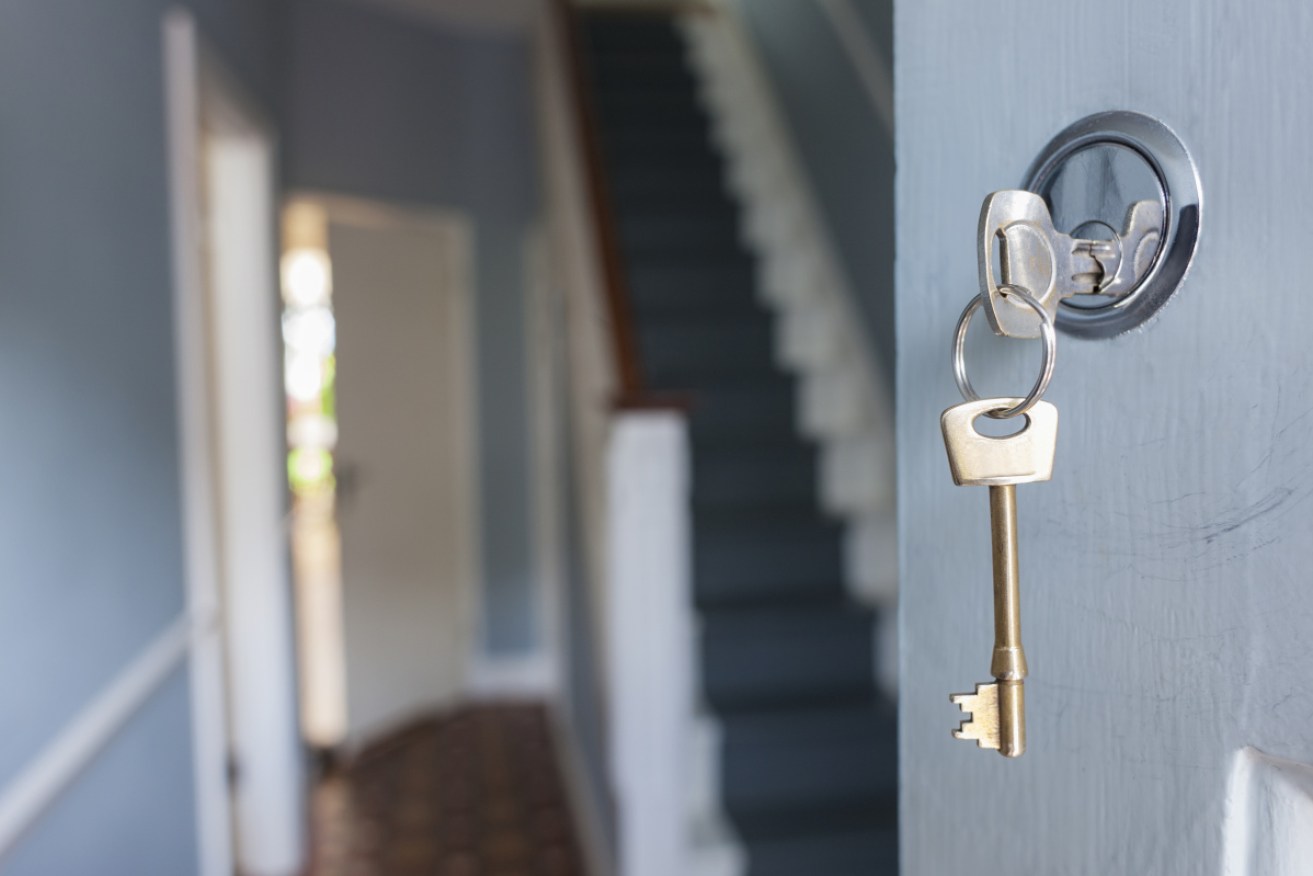
Buying your first home is a big deal so don't rush it. Photo: Getty
Buying your first home is a rite of passage in Australia but not something to be rushed.
Thorough research and planning is essential to securing the best deal possible and could end up saving you tens of thousands of dollars over the life of a loan.
And so The New Daily has compiled six important questions to ask yourself before sending off your application.
1. Am I an attractive borrower?
Banks are legally obliged to determine your creditworthiness before giving you a home loan.
They must be confident you have sufficient income to service your mortgage given your other expenses and that you have a proven track record of meeting your financial obligations.
And so, if you want a loan, you need to help your bank arrive at this conclusion by getting your finances in order well before you apply.
“They’re going to look at your credit file, your existing debts, your financial commitments and your living expenses,” said Christopher Zinn, consumer campaigner at financial advice platform Life Sherpa.
“So you want to make sure that you can present those in the best possible shape. [That way], you’re more likely to get a loan, and also more likely to get the loan that you want for the sort of property you’re interested in.”
This process could involve asking one of the credit bureaus in Australia – Equifax, Experian or CheckYourCredit (illion) – for a free copy of your credit file to find out if you have any black marks against your name so that you can challenge these if they are inaccurate.
And it should also probably involve cutting back on your discretionary spending – at least for the three to six months before you apply – and cancelling any credit cards.
It’s worth noting that some banks count the limit on a credit card as a liability even if you owe no money on it.

Reviewing your bank statements is a good place to start when writing a budget. Photo: Getty
2. How much should I borrow?
Just because a bank will lend you a massive amount of money doesn’t mean you should take them up on it.
The key is to borrow enough to buy a home you like without taking on so much debt that you ruin your lifestyle and put yourself under undue stress.
Mr Zinn recommends tracking your expenses so that you can draw up a household budget.
You can then add in your hypothetical mortgage payments by using an online home loan calculator such as that provided by the financial regulator on its Moneysmart website.
It’s also important to include the extra costs of owning a property, such as maintenance costs, home and contents insurance, council rates, utility bills, and owners corporation fees where appropriate.
Doing this will give you a good idea of what you can afford based on the lifestyle you want to lead.
But one final point before we move on.
Mr Zinn said today’s rock-bottom interest rates are unlikely to remain this low forever – the RBA expects it will lift rates in 2024 – and so it’s worth considering whether you could meet your loan repayments if interest rates were to rise by a couple of percentage points.
3. How large should my deposit be?
Twenty per cent of the purchase price is a typical goal for most borrowers.
If you save that much then banks won’t charge you lenders’ mortgage insurance, which can often run into the tens of thousands of dollars.
LMI is a one-off premium that banks charge risky borrowers to protect them against any loss they might incur if the borrower defaults on their loan.
Most borrowers want to avoid paying it and consequently put off buying a home until they have a 20 per cent deposit.
But when house prices are rising, it often makes sense to get in sooner rather than later by purchasing a home with a smaller deposit and taking the hit on LMI.
This is because if you delay your purchase, the increase in the purchase price over that time might eclipse the savings you make on avoiding LMI.
“We’d say that a deposit of about 12 per cent is the sweet spot,” Mr Zinn said.
“If you’re less than 10 per cent, that can lead to a large LMI bill, higher lending rates, and fewer lenders willing to consider you.
“But at 12 per cent, you can get access to competitive home loans, there are more lenders in the market, and the LMI will be more moderate.”
That said, anyone considering buying a home should base their decision on their own particular set of financial circumstances.

Waiting to save a 20 per cent deposit isn’t always the best move.
4. Am I eligible for government assistance?
Most state governments offer a discount or exemption on the stamp duty paid on a first home and some jurisdictions provide grants for building new ones – information you can access via your respective state government’s website.
On top of this, the federal government is currently running three schemes that lower the deposit hurdle for eligible property buyers by acting as a guarantor on their loan.
The schemes are the First Home Loan Deposit Scheme, the New Home Guarantee, and the Family Home Guarantee.
You can find more information here.
5. What’s the right home loan for me?
Articles on the importance of shopping around for the lowest possible interest rate are two a penny. And for good reason.
A half percentage point here or there can add up to tens of thousands of dollars in additional repayments or savings over the life of a loan, so getting a low rate is important. But it’s only half the story.
Fixed loans can offer you peace of mind as your future monthly repayments are set in stone.
But they sometimes offer no redraw or offset account and often limit the amount of additional repayments you can make, which is important if you are someone with ambitions to pay off your mortgage as soon as possible.
On the other hand, variable loans come with more features and greater flexibility but typically charge a higher interest rate.
In short, both have their merits, so picking the best option comes down to understanding your needs and wants.

Fixed home loan rates are on the rise as the RBA winds back support. Photo: Getty
6. Do I have my documents in order?
The final question to ask yourself before applying for a loan is an administrative one.
To lodge a successful application, you will need official identification as well as proof of your income and employment.
You might have to hand over your passport, pay slips, tax returns, the details of your current employer, and a history of your work experience.
Each lender will require slightly different information – and many digital banks will automate this process – but getting this sorted early will allow you to get the most out of your first conversation with a broker or lender.
